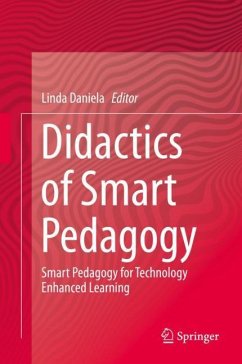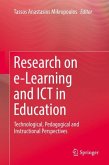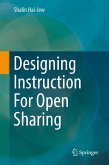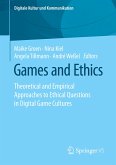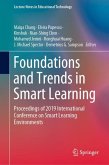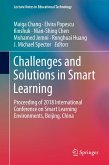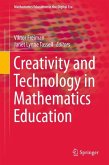The focus on smart education has become a new trend in the global educational field. Some countries have already developed smart education systems and there is increasing pressure coming from business and tech communities to continue this development. Simultaneously, there are only fragmented studies on the didactic aspects of technology usage. Thus, pedagogy as a science must engage in a new research direction-smart pedagogy. This book seeks to engage in a new research direction, that of smart pedagogy. It launches discussions on how to use all sorts of smart education solutions in the context of existing learning theories and on how to apply innovative solutions in order to reduce the marginalization of groups in educational contexts. It also explores transformations of pedagogical science, the role of the educator, applicable teaching methods, learning outcomes, and research and assessment of acquired knowledge in an effort to make the smart education process meaningful toa wideaudience of international educators, researchers, and administrators working within and tangential to TEL.
Bitte wählen Sie Ihr Anliegen aus.
Rechnungen
Retourenschein anfordern
Bestellstatus
Storno

